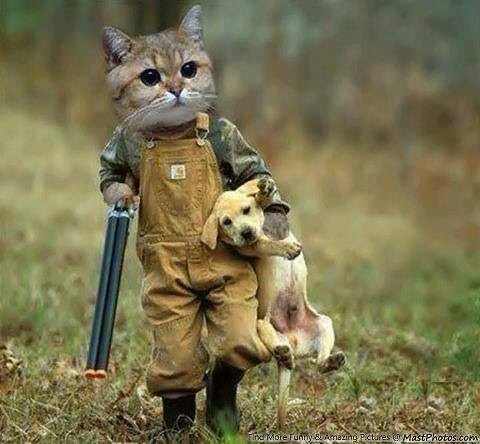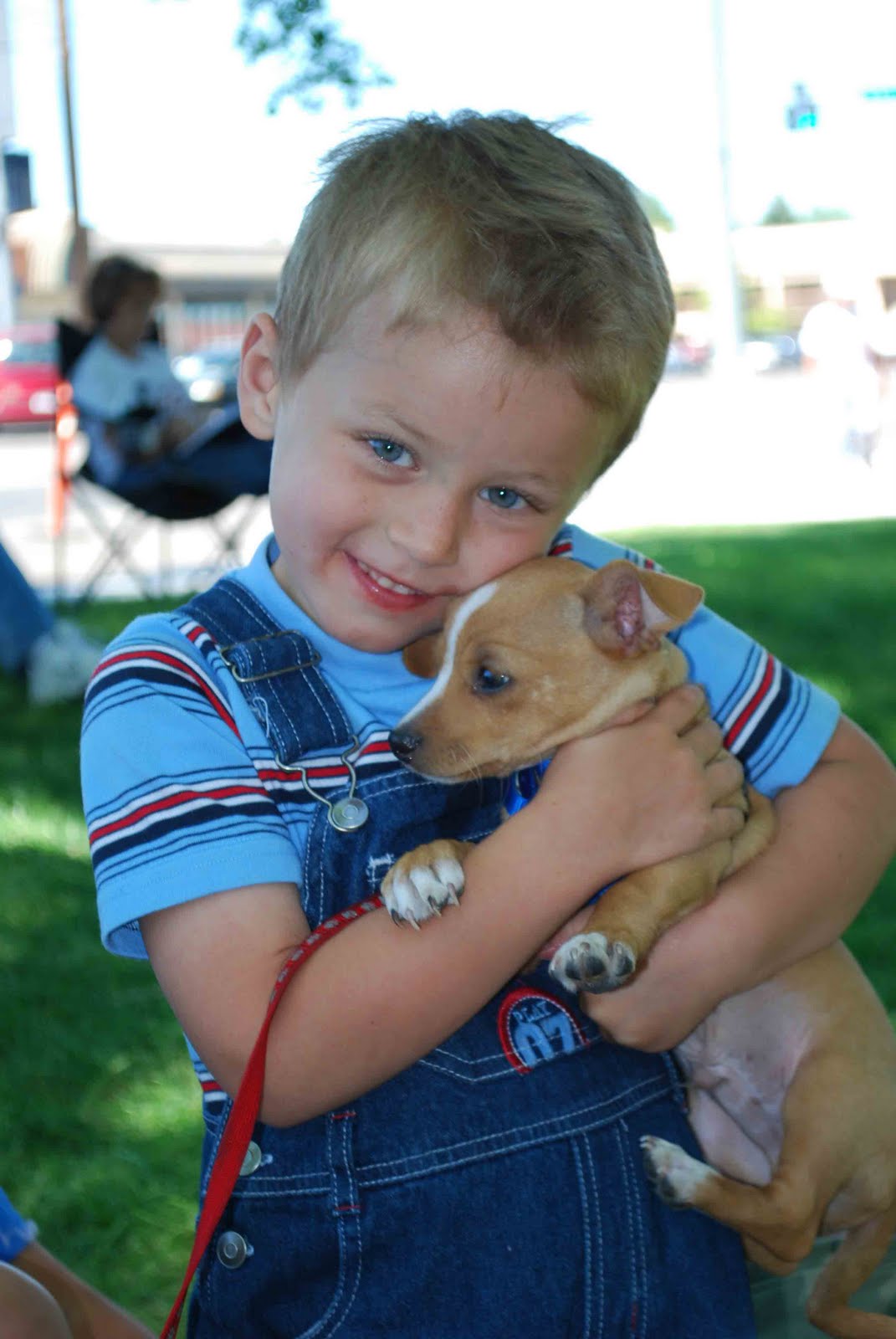I was just asked a question about emotions. The concern was the emotional reactions that come from suppressing a behavior via punishment. That is a great question because it leads to an examination of a fundamental question – what role does emotion play in behavior?
I will start with an aside. The person was not concerned with the emotional revelry that goes along with a dog successfully chasing, biting and killing a cat. Joy is worshiped in the hedonist liturgy. They burn incense and light candles to joy. It doesn’t matter what event caused the joy, it is good. Sorry emotions are evil. “Stop crying” is a regular reaction among hedonists when they see ‘bad’ emotions. Crying bothers them. Strong emotions other than joy bother them. You must stop crying because that bothers THEM. It has nothing to do with you or what reason caused you to cry. Want proof?
So, let’s answer that question with a hypothetical scenario. You are walking down the street and you see a small boy sitting on the curb, crying terribly.
“Why are you crying, child?” You ask.
“Because I’m heart-broken.” The boy replies.
If emotions are causative agents, you must simply walk on because the child has explained his crying. He is crying because he is sad. No more need be said.
Then you assert the broader view of reality and ask the critical question – “Why are you sad?” If you ask that question you realize that emotions are not the engineer, but merely the passengers on the train. The sadness didn’t ’cause’ anything. Something else ’caused’ the sadness.
“My puppy was hit by a car, he’s lying over there but I can’t bring myself to go get him. He’s flat and bloody and squished.”
Now you have a problem. Can you change the child’s  emotions to make him happy? Nope. You can change the world to allow him to move on. Pick up the damned carcass and get rid of it. That removes one of the triggers for his emotions. The sight of the puppy brings back the horror as long as it exists in his mind. Logically, a change in the environment will cause a change in his behavior. That will trigger new emotions. You might present him with something that makes him happy – like a new puppy. Is he laughing because he is happy, or is he happy because he has a new puppy?
emotions to make him happy? Nope. You can change the world to allow him to move on. Pick up the damned carcass and get rid of it. That removes one of the triggers for his emotions. The sight of the puppy brings back the horror as long as it exists in his mind. Logically, a change in the environment will cause a change in his behavior. That will trigger new emotions. You might present him with something that makes him happy – like a new puppy. Is he laughing because he is happy, or is he happy because he has a new puppy?
Using emotions as an excuse to do or not do anything mistakes the purpose of emotion from an evolutionary standpoint. Disgust keeps you from eating things that can kill you. Fear accompanies flight – so that in the future your ‘feelings’ can give you the jump on the next cougar you see. Is ‘fear’ the reason for the first escape? No. That is something else causing the fear. It is likely innate. (If you simply must dwell on big words, try phylogenetic behavior to explain this. Humans run from cougars. All humans who ran from cougars had a chance to survive and breed and pass along the phylogenetic traits necessary to replicate the behavior.) Your mother has a feeling of ‘love’ for you that prevents her from leaving you behind when the cougar walks into camp. A man will die confronting a bear to save his family. His ‘anger’ at the bear is a lesser factor in the process. Men are programmed to ‘do’ this behavior. The emotions such an event triggers are pretty much inconsequential.
While the term emotion is hugely infused in our culture, discovering the actual function of them can lead to a better knowledge of how to make the world better – change the world and you change the emotions. Give the cat a shotgun. That will make him ‘feel’ happy.

What about the man who doesn’t confront the bear and selfishly leaves his family for dead; was he not following his “programming”?
Brandon,
The topic is about emotions and whether they have a causative relationship with behavior. That being said, if the man abandons his duty several things are likely if the behavior is beneficial to society. If he runs, the man’s genes and family lineage are unlikely to survive over the generations. Combined with social reinforcers and punishers for shameful conduct, his children will likely end up with something to prove. If they, too, run, then they will not be desirable mates – and the genes will pass from the tribe.